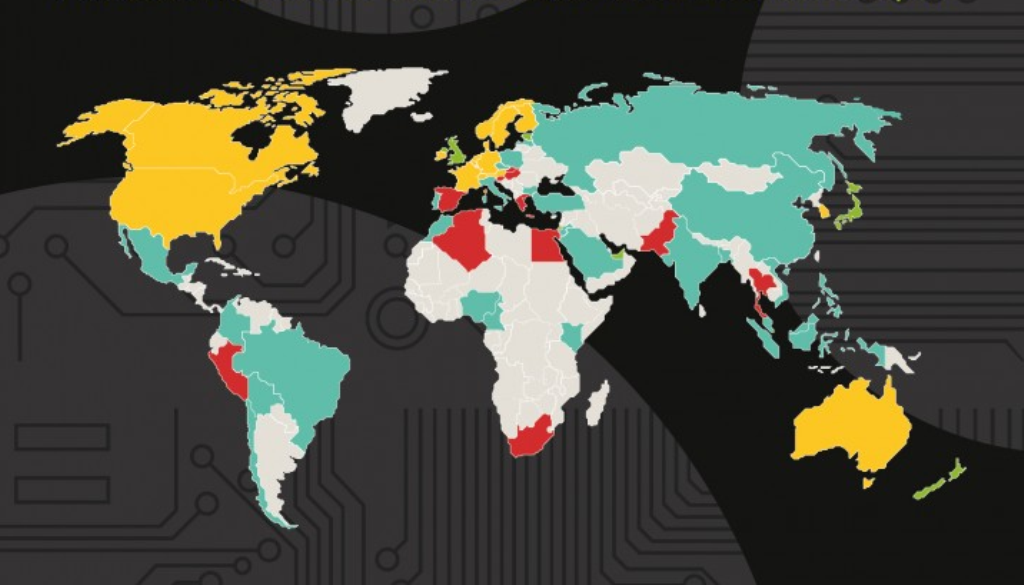According to the Digital Evolution Index 2017, Estonia is one of the digital elites of the world, characterised by high levels of digital development and a fast rate of digital evolution.
The index, compiled by the Fletcher School at Tufts University, a graduate school of international affairs in Massachusetts, and Mastercard, is designed to provide an in-depth look at technology adoption and the state of digital trust around the world, tracking the progress countries have made in developing their digital economies and integrating connectivity into the lives of its peoples.
The index identifies Singapore, the United Kingdom, New Zealand, the United Arab Emirates, Estonia, Hong Kong, Japan and Israel as digital elites of the world. “With momentum and innovation on their side, these ‘stand out’ markets exemplify the sweet spot of advancement and future growth,” the Fletcher School said in a statement.
Combining the pace and state of digital advancement, the index puts markets into four distinct categories:
Stand Out
Singapore, the United Kingdom, New Zealand, the United Arab Emirates, Estonia, Hong Kong, Japan, and Israel demonstrate high levels of digital development while continuing to lead in innovation and new growth.
Stall Out
Many developed countries, such as in Western Europe, the Nordics, Australia and South Korea have a history of strong growth, but their momentum is slowing. Without further innovation, they are at risk of falling behind.
Break Out
Although still at relatively lower absolute levels of digital advancement, these countries demonstrate the fastest momentum, are poised for growth and are attractive to investors. China, Kenya, Russia, India, Malaysia, Philippines, Indonesia, Brazil, Colombia, Chile and Mexico exhibit this breakout potential.
Watch Out
Countries such as South Africa, Peru, Egypt, Greece and Pakistan face significant challenges, constrained both by low levels of digital advancement and a slow pace of growth.
According to their overall digital evolution scores, Norway, Sweden, Switzerland, Denmark, Finland, Singapore, South Korea, the United Kingdom, Hong Kong and the United States make the top ten list of advanced digital economies, “but given the current pace of innovation and change, being an advanced digital economy today doesn’t guarantee that status tomorrow. How open and supportive they are to innovation help determine their future growth potential,” the research team said.
The Digital Evolution Index 2017 includes a study of the pace of digital evolution across 60 countries, across four key drivers of supply, demand, institutional environment and innovation.
I
Cover: The Digital Evolution Index 2017 map.


